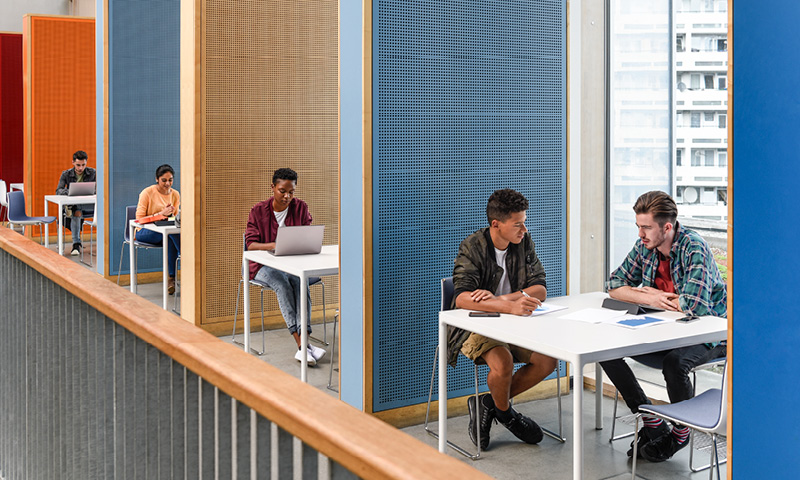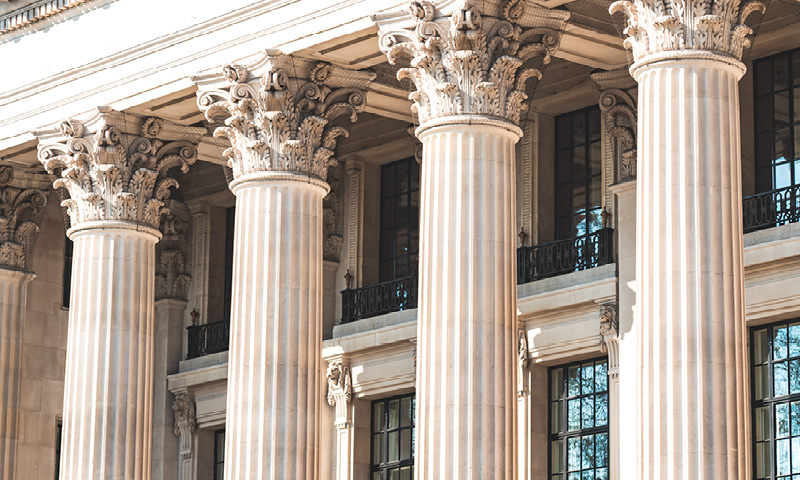01 September 2022
Whilst the cost-of-living crisis and increased energy costs may drive a return to offices for employees, this simply may not be possible for self-employed contractors who do not have an ‘office’ to go to. Garden offices may offer a tax and energy efficient solution to the energy crisis.
Last summer I embarked on my own project to (slowly) build a garden office/gym in my spare time, with a fair wind it will be ready for this winter. A significant proportion of the budget has been spent on insulation and it is in fact far better insulated than my house. I have also installed south facing windows, therefore with the insulation and solar gains it stays warm with minimal heating. Even when a heater is required, I am only heating one room rather than a whole house. It is clearly an energy efficient option for home working. But what about the tax consequences for self-employed contractors?
Tax relief on the build costs?
Capital allowances are the mechanism by which tax relief is given to businesses for expenditure on assets. Typically expenditure on plant and machinery is eligible for capital allowances. A 100% deduction for the cost may be available in the first year if the asset qualifies for the Annual Investment Allowance (AIA) and the business has not breached the annual limit.
However, structures and buildings are not plant and machinery and so do not qualify for capital allowances, as such the cost of building a garden office does not qualify. Equally, relief is unlikely to be available under the Structures and Buildings Allowances (SBAs) as SBAs are not available on any structure located in the grounds of a residence. However, if you decide to lease/buy a separate plot of land for the office to be built on, SBAs may be available.
Fixtures and fittings for the office, such as furniture, IT equipment etc do qualify as plant and machinery so capital allowances will be available for the qualifying expenditure. Equally the cost of installing heating, air con, water systems, electrical wiring and power installation may qualify for the ‘special rate’ pool for capital allowances purposes.
Business rates
Business rates may be due on the proportion of the office/property being used for business purposes. The position should therefore be checked with the relevant local authority and there may be reliefs available.
Value Added Tax (VAT)
If you are a VAT registered business, then reclaiming VAT on the building costs can be very beneficial. However, VAT can only be fully reclaimed on costs that are wholly and exclusively incurred for business purposes. Where a garden office is multi-purpose partially for business use but also private use, VAT can only be reclaimed on the business proportion (on a just and reasonable basis).
Capital Gains Tax (CGT)
A key consideration is the potential CGT implications. Due to principal private residence (PPR) relief, CGT is not usually payable on the sale of your main home. However, PPR relief does not apply to any part of your home used “exclusively for the purposes of a trade, business, profession or vocation”. Therefore, a garden office used solely as a business premises would not benefit from PPR relief and may result in a charge to CGT on the sale of your home. This issue may be avoided if the office is not used solely for business purposes, so a sofa bed for occasional house guests or an exercise bike might be useful to manage this risk, but doing so limits the potential VAT reclaim and may also restrict the amount of a capital allowances claim.
And finally…
If you are going to embark on building a garden office, do check if you need planning consent, the tax relief benefits would not be worth it if you are forced to take it down again…









